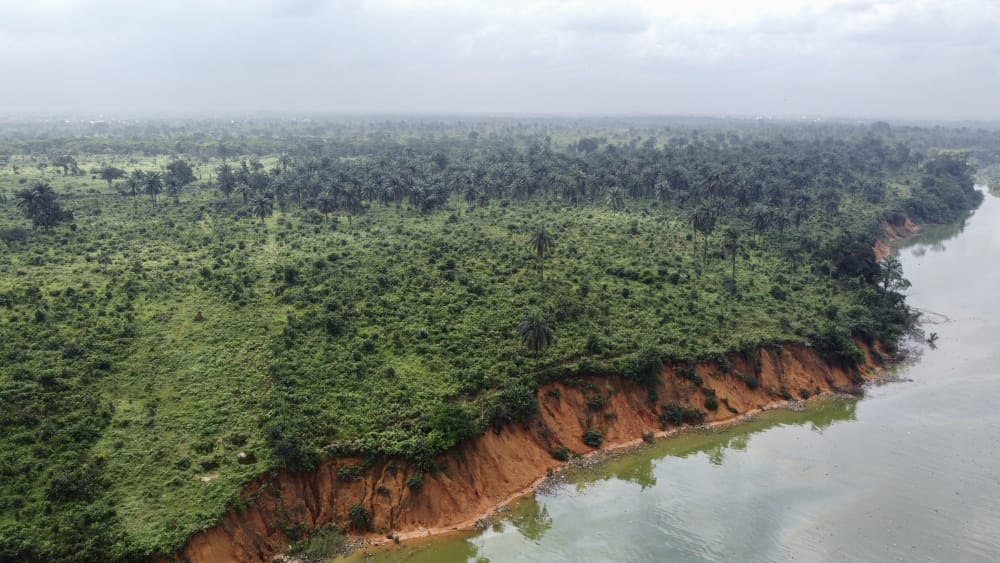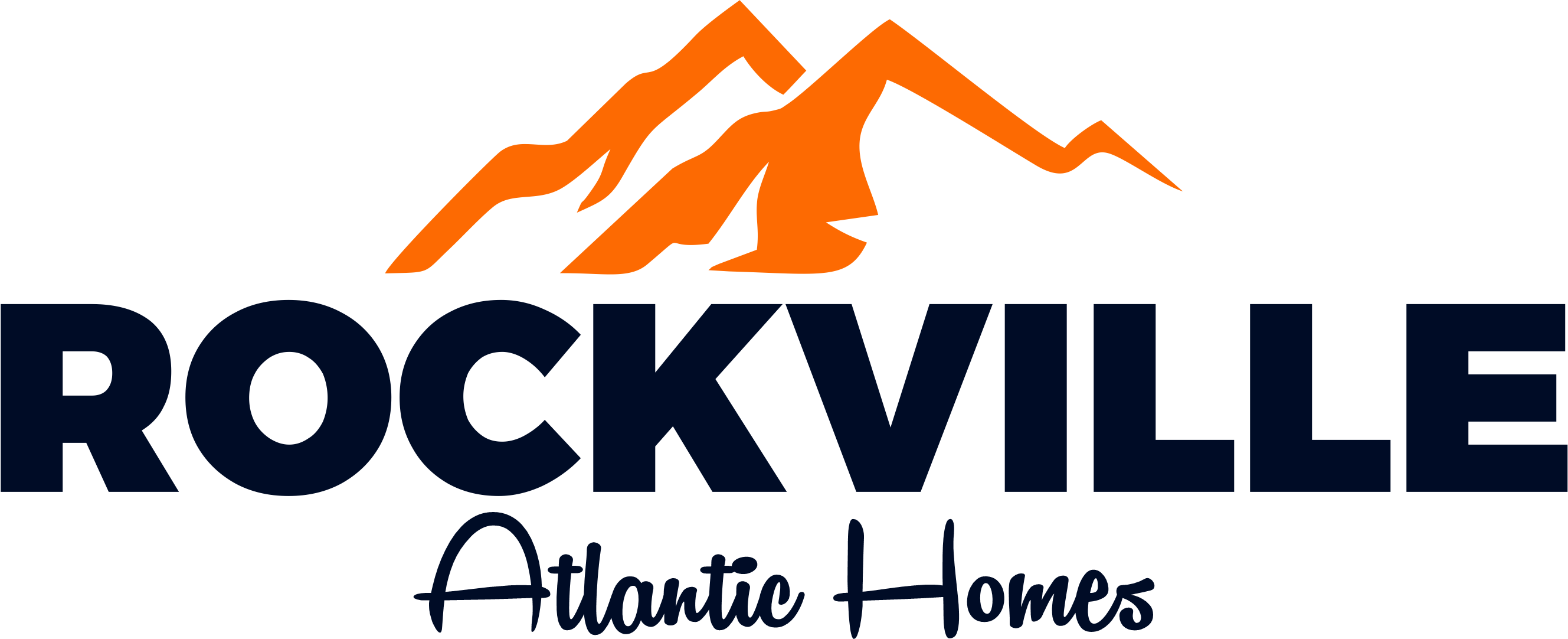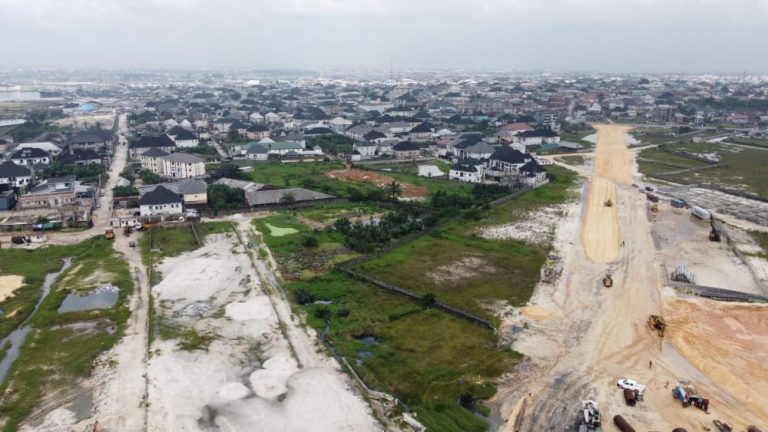
If you are looking to buy a piece of Real estate, or you have been researching about the real estate industry lately, especially in Nigeria, it is possible you might have come across the term “land banking”, “banking on land”. But you want to understand, what is land banking?, “how does Land banking work”?, is it a good investment vehicle?, how can you make money through land banking?, read on, because this may be the ultimate wealth building vehicle you are looking for.
Land banking is one of the oldest real estate investment practices, where investors buy small or large quantities of undeveloped land, intending to profit from the resale of the land. Simply put, investors seek out land in underdeveloped neighborhoods and bank it until there’s substantial infrastructural development or population growth in the area before selling it for a higher price or developing it to meet the growing housing demand. However, as profitable as land banking is, there are some significant challenges and risks that you need to look out for and avoid to ensure the security of your investment.
In most developing countries, a change in government policies can prohibit certain forms of development on the land, which could, in turn, affect the resale value of the land. Likewise, environmental issues like erosion and flooding can significantly depreciate the value of the land if they persist for an extended period. The land may become too damaged to build on, and the cost of repairing the land may be higher than the invested capital and potential profit combined. The land may become completely inhabitable in these cases unless the government intervenes.
In order to avoid unpleasant situations when investing in a land banking scheme, it is essential to do your due diligence. Consider hiring a lawyer or legitimate real estate investment firm to research and confirm the legality of the land under consideration and ensure that there are legal documents and contracts to back the transaction.
Drylands have a lower risk of flooding. If you can, limit your investments to drylands unless you are sure that you can afford the cost of repairing and restoring swampy land.
Investors can make huge returns on the value appreciation of the land. Some government projects or policies can lead to rezoning, municipal expansions, rapid infrastructural development, and industrialization, all catalysts for value appreciation and increased demand.
Contrary to popular opinion that real estate demands a high starting capital, land banking schemes generally require a relatively low starting capital. You can start on a low budget and still enjoy good profit on your invested capital.
One of the significant benefits of land banking is its contribution to a positive credit score and the leverage it offers an investor. You can gain access to loan schemes to invest in other investment vehicles or start a venture by using your land as collateral, and at the same time, you can lease out the land pending the time it will appreciate enough to sell off. This is one of the reasons why land banking is a recommendable starting point for young and new investors.
To get expert help to start your profitable and safe land banking investment journey in Nigeria, send an email to stanlee@Rockvilleatlantichomes.ngs.ng. You will be connected with an experienced property advisor that can take you through a seamless investment journey.

